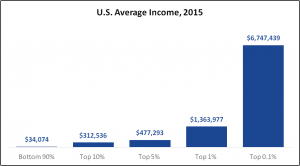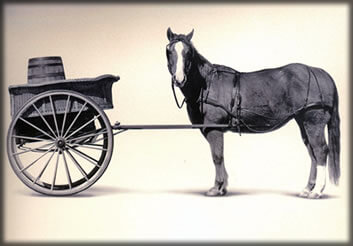CrusaderFrank
Diamond Member
- May 20, 2009
- 146,305
- 69,327
- 2,330
They hate the poor. It's all they know or care about.1) The US has the widest income disparity in the world and its poverty is the worst among developed nations
2) Wages are way behind on inflation in this country.
3) Lower wage jobs - including skilled labor - greatly outnumber higher wage jobs. This means 10s of millions of people have NO CHOICE but to accept low wages.
4) Republicans, in their lazy mental shortcuts, think the only thing one in poverty must do is learn new skills and get a better paying job. The ignorance of this is profound. A) poor people do not have the time and money to learn new skills in the current economic climate. B) If everyone in poverty did this, who would be left over working all of those millions of vital low wage service jobs? Who will be left as the backbone of a corporation that pays poverty wages? Is a robot going to take over the front register at Burger King? That will probably happen anyway, but does that sit well with republicans knowing that? This is why the minimum wage must be raised.
The process of raising the minimum wage should have begun decades ago and raising it drastically now would agreeably be the wrong approach. It needs to start off small.
And I know some of you cons will say “well why didn’t Obama fix income inequality?!” Yes, he failed in addressing this issue, but obviously the problem of income disparity is still a major problem whether or not you want to deflect to Obama. Of course, as you may recall, he did try to raise the minimum wage.
The poor in rural Peru and India, and now everyone in the Progressive Paradise of Venezuela have to walk down to the river for their drinking water. You have a lot of fucking nerve




